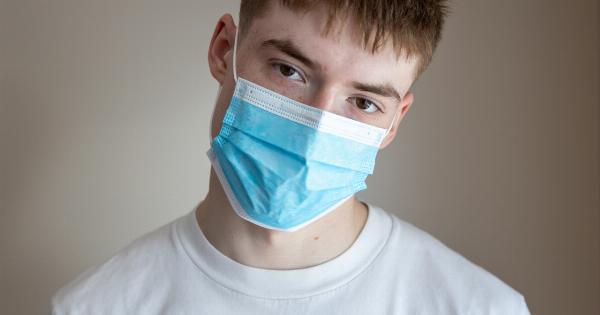The Ebola virus is one of the deadliest viruses in history. It’s a rare disease that causes fever, body aches, and bleeding in the body. It’s caused by the Ebola virus, which is a member of the Filoviridae family.
The virus is named after the Ebola River in the Democratic Republic of Congo (DRC), where it was first identified in 1976.
Since then, there have been several outbreaks of the Ebola virus disease (EVD) in Africa, with the most recent outbreak occurring in West Africa from 2014-2016.
The outbreak claimed the lives of over 11,000 people, making it the deadliest outbreak of Ebola on record. Despite extensive research and international efforts to control the virus, there are still many unanswered questions about Ebola virus.
1. How does the Ebola virus infect humans?
It is believed that the Ebola virus is transmitted to humans through contact with infected animals, such as fruit bats, chimpanzees, gorillas, monkeys, forest antelope, and porcupines.
Once a person is infected, they can spread the virus by coming into contact with bodily fluids of an infected person, such as blood, semen, vaginal secretions, saliva, and urine. The virus can also be spread by contact with surfaces or objects contaminated with the virus.
However, there is still much to be learned about the specific mechanisms of transmission and how the virus infects human cells.
2. Why do some people survive Ebola virus infection while others do not?
Survival rates for Ebola virus disease (EVD) vary between outbreaks and between individuals. Some people may show no symptoms at all, while others may develop severe symptoms and die within days.
There are several factors that may influence one’s chance of survival, such as age, gender, and overall health.
Additionally, some people who have survived EVD may experience long-term effects, such as vision loss, joint pain, and hearing loss. It is unclear why some people experience these long-term effects while others do not.
3. How long does the Ebola virus persist in the body?
It is known that the Ebola virus can persist in certain body fluids of survivors, such as semen and breast milk, for months after recovery.
However, it is unclear how long the virus can persist in other body fluids, such as saliva and urine, and whether these fluids can transmit the virus to others.
4. Are there any long-term effects of Ebola virus infection?
As mentioned, some survivors of EVD may experience long-term effects, such as vision loss, hearing loss, and joint pain.
Additionally, there have been reports of survivors experiencing post-traumatic stress disorder (PTSD) and other mental health issues.
It is unclear what causes these long-term effects and how to prevent or treat them.
5. Is there a cure for Ebola virus disease?
Currently, there is no specific cure for Ebola virus disease. However, several experimental treatments have shown promise in treating the disease, such as the antiviral drug remdesivir and monoclonal antibody therapies.
Vaccines for Ebola virus disease are also being developed and have shown to be effective in clinical trials.
6. What is the most effective way to prevent Ebola virus infection?
Preventing Ebola virus infection involves avoiding contact with infected animals and practicing good hygiene, such as handwashing and avoiding contact with bodily fluids of infected individuals.
During outbreaks, quarantine measures may also be implemented to prevent the spread of the virus.
Vaccines are also an effective way to prevent Ebola virus infection, and it is recommended that individuals at high risk of exposure, such as healthcare workers and those living in areas with a history of outbreaks, receive the vaccine.
7. How do public health agencies respond to Ebola virus outbreaks?
When an Ebola virus outbreak occurs, public health agencies work to identify the source of the outbreak and to contain its spread. This may involve quarantine measures, contact tracing, and isolation of infected individuals.
Additionally, international organizations, such as the World Health Organization (WHO) and the Centers for Disease Control and Prevention (CDC), may provide support and resources to affected countries.
8. How does climate change affect the spread of Ebola virus?
There is evidence that climate change may affect the spread of certain diseases, including Ebola virus disease.
Changes in temperature and rainfall patterns can affect the habitats of animals that carry the virus, as well as the behavior and migration patterns of these animals.
Additionally, climate change can lead to increases in human migration and deforestation, which can bring humans into closer contact with animals that carry the virus.
9. Can animals be vaccinated against Ebola virus?
Currently, there is no vaccine available for animals that carry the Ebola virus, such as fruit bats and primates. However, research is underway to develop vaccines for these animals, which could help prevent future outbreaks of Ebola virus disease.
10. How can we better prepare for future Ebola virus outbreaks?
Despite efforts to prevent and control Ebola virus outbreaks, they are likely to occur in the future.
To better prepare for future outbreaks, we need to invest in research and development of new treatments and vaccines, as well as in strengthening public health systems in affected countries.
Additionally, we need to improve our understanding of the biological and environmental factors that contribute to the spread of the virus, and to develop strategies to mitigate these factors.































